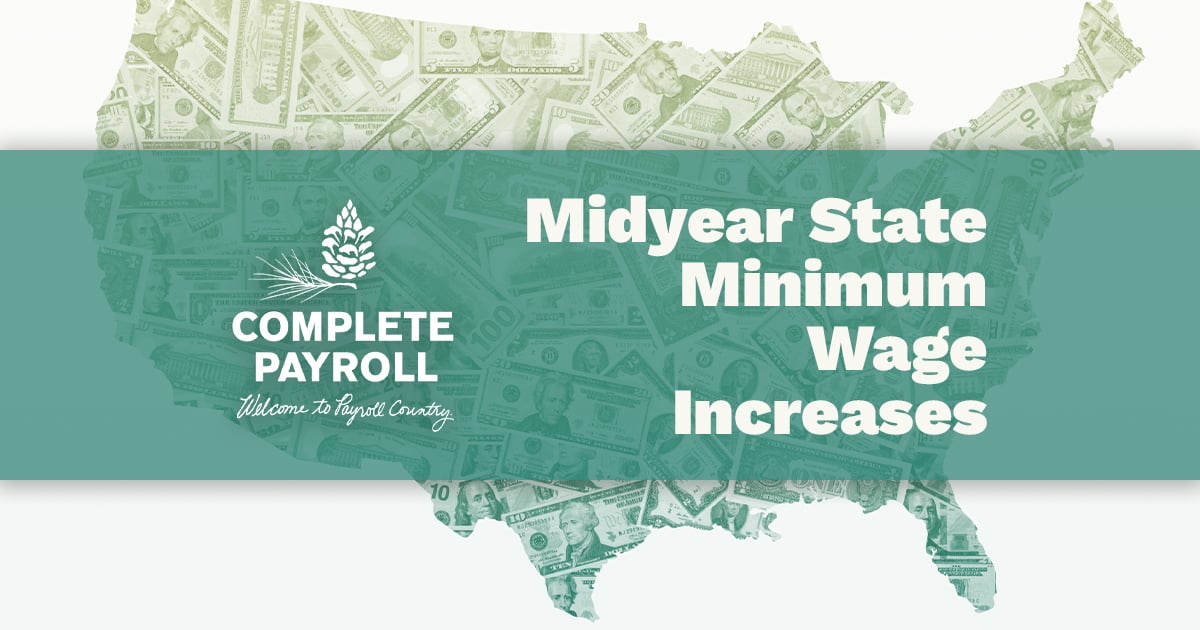Federal Lactation Accommodations
Overview of Law
Under the Fair Labor Standards Act employers are required to provide reasonable break time for employees to express breast milk for their nursing child, as frequently as needed, for up to one year after the child’s birth. The number and length of breaks needed by employees will vary, but employers should expect those nursing mothers may need between two and four breaks of between 10 and 45 minutes per 8-hour workday.
Employers are also required to provide a place that is shielded from view and free from intrusion from coworkers and the public. A bathroom, even if private, is not a permissible location under the Act. The location provided must be functional as a space for expressing breast milk. If space is not dedicated to the nursing mother’s use, it must be available when needed in order to meet the statutory requirement. Space temporarily created or converted into a space for expressing milk or made available when needed by the nursing mother is sufficient.
The FLSA requirement of break time for nursing mothers to express breast milk does not preempt State laws that provide greater protections. State-specific regulations can be found by searching "Your State breastfeeding" in the universal search bar.
The Fair Labor Standards Act (FLSA) establishes minimum wage, overtime pay, recordkeeping, and youth employment standards affecting employees in the private sector and in Federal, State, and local governments. Read the basic requirements of the FLSA here.
Got a labor law question?
Our team helps employers with labor law compliance every day. Complete the form below to ask a question or request some help.
General Disclaimer
The materials and information available at this website and included in this blog are for informational purposes only, are not intended for the purpose of providing legal advice, and may not be relied upon as legal advice. The employees of Complete Payroll are not

















